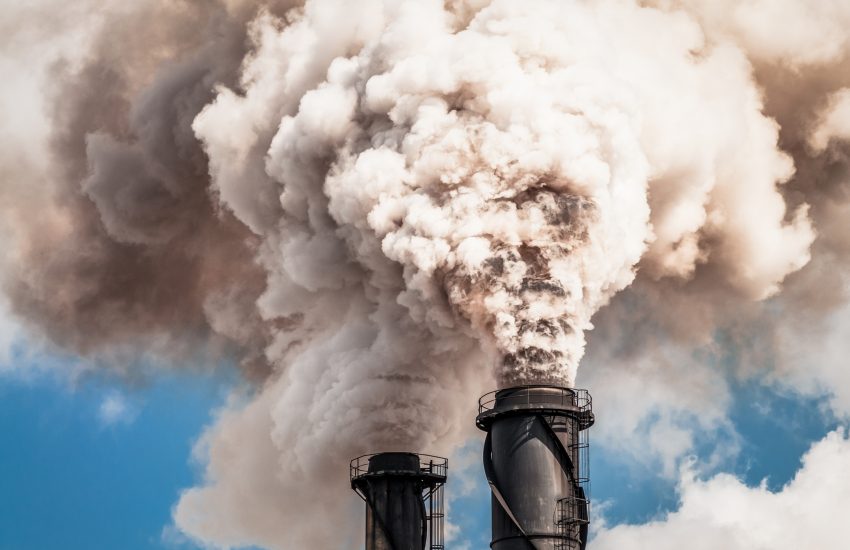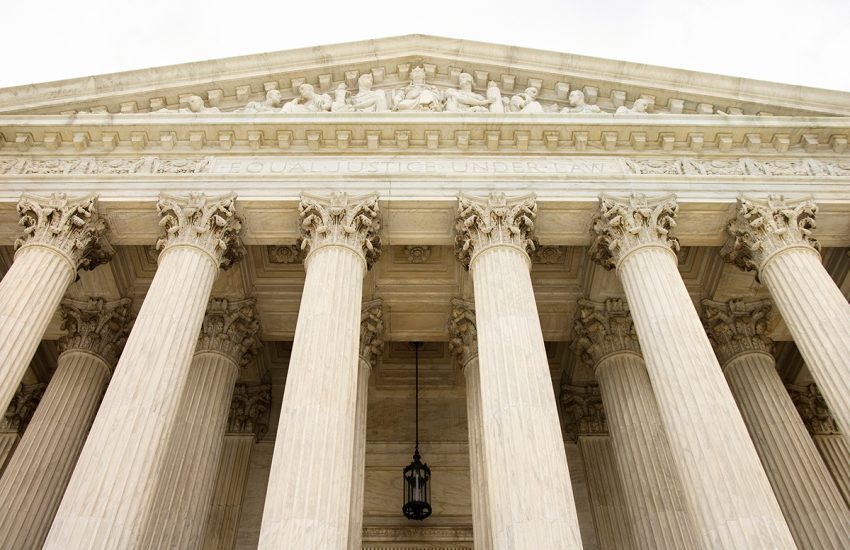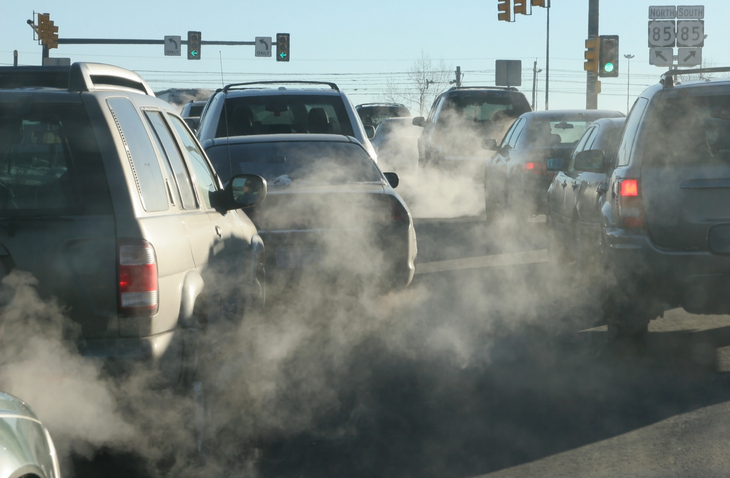Last month, our readers will recall that we reported on some pushback raised regarding the new climate disclosure rules promulgated by the U.S. Securities and Exchange Commission requiring publicly traded registrants to provide certain climate-related information in future registration documents and annual reports (the “Final Rules”).
As SEC Chairman Gary Gensler said in a press release announcing the new disclosure rules, the Final Rules were meant to “reflect the Commission’s efforts to respond to investors’ demand for more consistent, comparable, and reliable information …
Continue Reading









